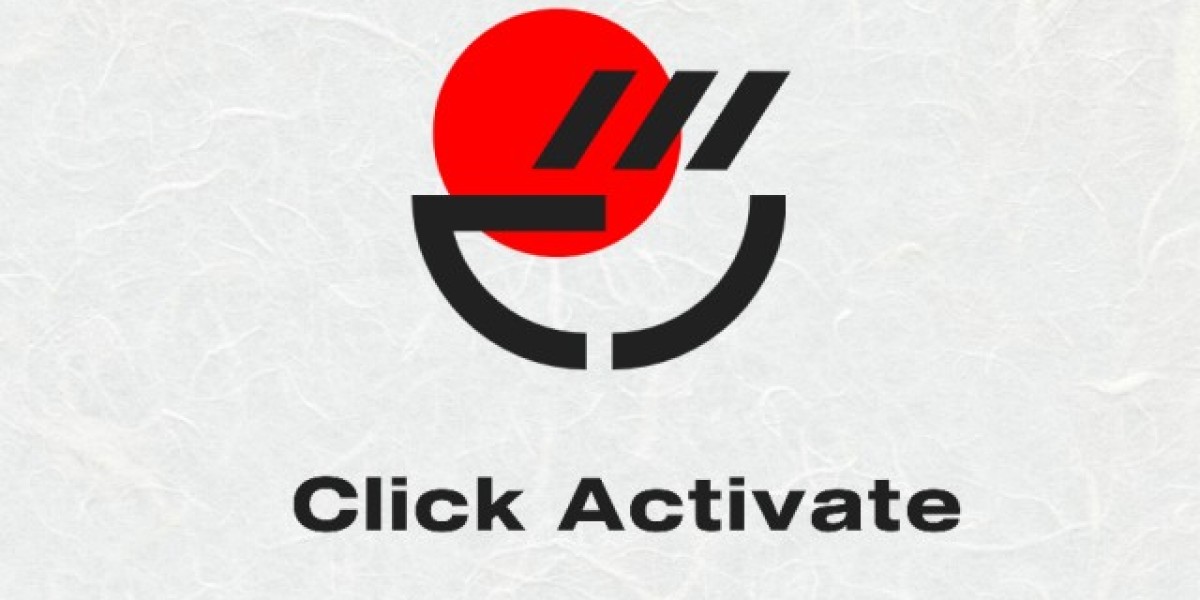A Digital Signature Certificate is an electronic document used to prove the identity of individuals, organizations, or devices. It is issued by a trusted authority known as a Certificate Authority (CA), which validates the identity of the certificate holder before issuing the DSC. A DSC contains information such as the name of the certificate holder, the public key, the certificate authority’s name, and the expiration date.
At its core, a digital signature is akin to a handwritten signature or a stamped seal, but it offers far more inherent security. It utilizes asymmetric cryptography, involving a pair of keys: a private key, which is kept secret by the signer, and a public key, which is made available to recipients. When a document is signed digitally, the signer’s private key generates a unique hash value that is then encrypted and appended to the document. The recipient can use the public key to decrypt this hash value and compare it to a newly generated hash of the received document, thus verifying the integrity and authenticity of the signature.
The Role of Digital Signature Certificates in Digital Identification
Enhanced Security
One of the primary benefits of DSCs is their ability to enhance security in digital transactions. Traditional methods of identification, such as passwords, are often susceptible to breaches and phishing attacks. In contrast, DSCs provide a robust mechanism for verifying identities, making it exceedingly difficult for malicious actors to forge signatures or impersonate individuals.
Moreover, since DSCs are issued by trusted Certificate Authorities, they establish a chain of trust that is crucial for secure digital interactions. This trust is foundational in sectors such as finance, healthcare, and government, where sensitive information is exchanged regularly.
Legal Validity
Digital signatures hold legal significance in many jurisdictions around the world. Laws such as the Information Technology Act in India and the Electronic Signatures in Global and National Commerce (ESIGN) Act in the United States recognize digital signatures as legally binding. This recognition provides individuals and organizations with confidence that their digitally signed documents will hold up in a court of law, thus facilitating a wider acceptance of digital signatures in business processes and transactions.
Streamlining Processes
The traditional identification methods often involve extensive paperwork, verification processes, and time delays. Digital Signature Certificates can significantly streamline these processes. For instance, in the banking sector, customers can complete loan applications or open accounts online, signing documents digitally without the need for physical visits or paper forms. This efficiency not only saves time but also reduces operational costs for businesses.
Similarly, in the realm of e-governance, citizens can access government services online, submit applications, and receive approvals digitally. DSCs enable secure identification, making the entire process seamless and user-friendly.
Facilitating Digital Transformation
As organizations across the globe embrace digital transformation, DSCs play a crucial role in enabling secure digital operations. Businesses increasingly rely on digital platforms for communication, transactions, and record-keeping. By implementing DSCs, organizations can ensure that their digital identities are protected, fostering trust among customers and stakeholders.
Furthermore, DSCs support the adoption of emerging technologies such as blockchain and the Internet of Things (IoT). In blockchain, for instance, digital signatures are used to validate transactions, while in IoT, devices can authenticate themselves through DSCs, ensuring secure communication within networks.
How to apply for a Digital Signature Certificate?
STEP 1: Go to the DSC website i.e. https://edigitalsignature.org/.
STEP 2: Fill the necessary details
To proceed with your Digital Signature Certificate (DSC) application, please ensure that the following details are accurately filled out:
Select User Type, Class Type, Certificate Type: Specify the type of user (individual, organization, etc.), class of DSC (Class 3), and whether the certificate is for signature only or both signing and encryption.
Validity: Indicate the desired validity period for the DSC.
Applicant Name and Contact Details: Provide your full name, along with contact information such as phone number and email address.
Residential Address: Enter your complete residential address, including any relevant details such as apartment number, building name, pincode, city & state.
Declaration: Read the terms of services provided in the application.
Submit: Click on the submit button for further process.
STEP 3: Select the token option
If you already have a token then select no from the token option, your DSC will be downloaded on the old token but if you don’t have the token then kindly select yes.
STEP 4: Payment for DSC
Provide the necessary payment information for processing the DSC application fee. Payment can be made via online modes such as net banking, credit card, debit card, or UPI payment.
STEP 5: Issue the DSC
After completing the above steps, i.e. completing the DSC application, providing the required documents, and making the payment, submit the DSC application. The competent authority will review your application and issue the DSC electronically. They will send you an encrypted Pen Drive with your DSC by post.
The Future of Digital Signature Certificates
The future of Digital Signature Certificates in digital identification appears promising, driven by ongoing technological advancements and increasing reliance on digital interactions. Here are some key trends that will shape this future:
Integration with Biometric Identification
The integration of DSCs with biometric identification methods, such as fingerprint or facial recognition, will enhance security further. By combining these technologies, organizations can establish multi-factor authentication, making it even more challenging for unauthorized users to gain access.
Blockchain Technology
Blockchain technology is set to revolutionize how digital identities are managed. DSCs can be incorporated into blockchain systems to provide a decentralized and tamper-proof method of verifying identities. This integration can enhance transparency and trust in digital transactions, particularly in sectors such as finance and supply chain management.
AI and Machine Learning
Artificial intelligence (AI) and machine learning can play a pivotal role in enhancing the security and efficiency of DSCs. AI algorithms can analyze patterns of behavior to detect anomalies and potential fraud, allowing for proactive measures to protect digital identities. Machine learning can also streamline the verification process, making it faster and more accurate.
Cloud-Based Solutions
The growing adoption of cloud-based solutions will further facilitate the use of Digital Signature Certificates. Cloud-based DSC solutions enable organizations to manage their digital identities seamlessly, providing flexibility and scalability while ensuring high levels of security.
Regulatory Developments
As the importance of digital identification grows, governments and regulatory bodies will likely introduce more comprehensive frameworks to govern the use of DSCs. These regulations will aim to enhance security, protect user privacy, and ensure compliance with global standards.
Read this blog:- Digital Signature Certificate for Income Tax.
Conclusion
Digital Signature Certificates represent a significant advancement in the realm of digital identification, offering enhanced security, legal validity, and efficiency. As the world continues to embrace digital transformation, the role of DSCs will only become more critical. While challenges remain, ongoing technological advancements, increased awareness, and robust regulatory frameworks will pave the way for a future where Digital Signature Certificates are at the forefront of secure digital identification. In this evolving landscape, embracing DSCs will not only protect individuals and organizations but also foster a more secure and trustworthy digital ecosystem for everyone.



